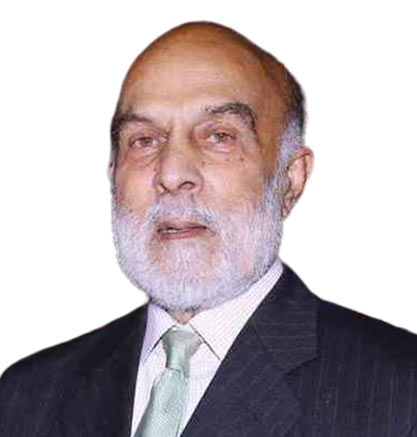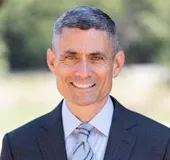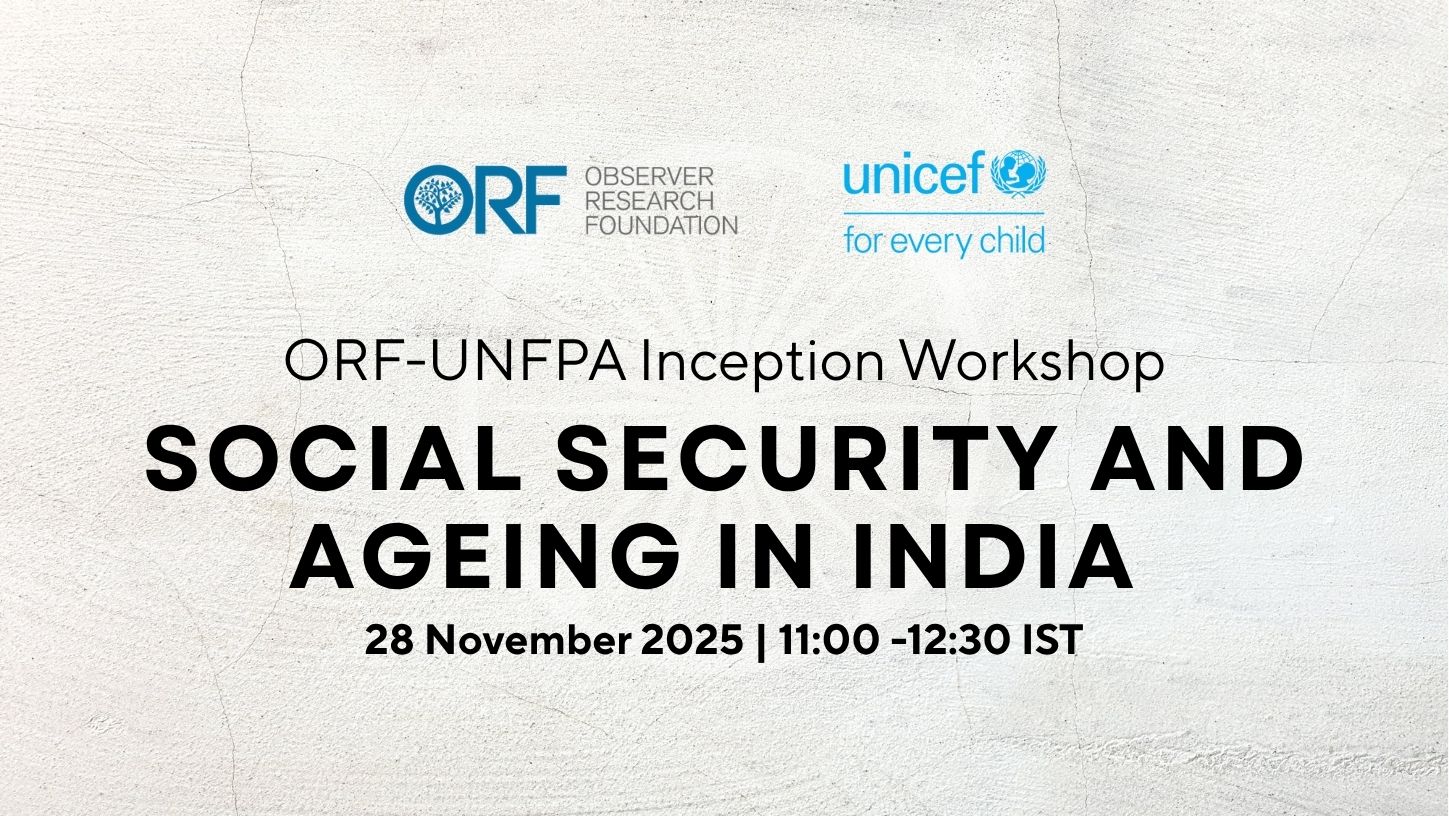-
CENTRES
Progammes & Centres
Location
India’s resilient economy has rebounded from pandemic-induced negative growth, making it a shining prospect in the gloomy global arena ...
A combination of institutional frameworks and policy changes has ensured a profound transformation in India's defence policy ...
The Jan Vishwas Bill is a transformative vision sitting atop the tip of a tyrannous compliances iceberg ...
In India, the line separating social cost and benefit from private benefit and cost is blurred, leading to less than ideal outcomes for both citizens and the state ...
By implementing focused protection instead of lockdowns, learning epidemics as seen during the COVID-19 period could be avoided in the future ...
While it might be tempting to dismiss the importance of international rating agencies based on periods of robust inflows of foreign investment, the impact of their rating actions are far from trivial ...
To properly establish ICTs, the government needs to step in and resolve any pending issues among the three services as well as between the bureaucracy and the CDS and the services ...
The pursuit of sustainable development cannot be effectively undertaken without the full and equal participation of women at all levels of decision-making and policy development ...
Skilling India’s youth is a daunting task but by fixing some of the leakages in the pipeline, we can perhaps maximise our demographic dividend ...
A normal monsoon and the consequently softer inflation in food prices could force RBI’s hand on both its policy stance as well as on the policy rate front ...
To ensure that existing resources expended by the government on ed-tech are used efficiently, NITI Aayog is pioneering a revolutionary approach to include results-based financing in ed-tech procurement ...
India’s decarbonisation plans rest on its ability to generate green energy. Until then, the energy transition path till 2070 will remain at best, a rule of thumb and at worst, ad hoc. ...
India can reap the benefits of demographic change and achieve equitable and sustainable development for its growing population only through a holistic and integrated approach ...
Women’s contraceptive decision-making continues to be at an all-time low in both urban and rural areas. This needs to be addressed by initiating adequate awareness programmes. ...
Let World Population Day be a conscious reminder that India must offer a better future for its citizens by investing in decentralised urbanisation ...
While India’s missile thought is certainly evolving, it is yet to be seen if its flagship nuclear-oriented ballistic missiles are meant to further its conventional deterrence ...
Four years after creating the Chief of Defence Staff (CDS) post, the landmark plan of integrated theatre commands still needs to be implemented ...
NFSU aims to meet India’s expanding need for forensics in criminal investigations and improve the criminal justice delivery system ...
There are concerns about how well the newly merged cantonments will be governed under the ULBs ...
India must unleash its youth power to strengthen its core democratic principles by prioritising their enhanced participation in politics and democracy ...
Comprehensive education reforms are necessary to empower youth to overcome challenges and seize opportunities to advance the SDG 4 targets ...
A normal monsoon and the consequently softer inflation in food prices could force RBI’s hand on both its policy stance as well as on the policy rate front. ...
Dialling down the tax and public debt-driven, active industrial policy model could greenlight private demand-led consumption and private investment-led growth ...
Through initiatives like Project Meridian, central banks could move towards more efficient, secure, and accessible financial systems that benefit individuals and businesses alike ...
India can achieve net zero only if its renewable electricity capacity reaches 1,000 GW, a proper gigawatt-sized storage is available, and a resilient transmission grid is established ...

Rear Admiral K. Raja Menon (Retd) is a career naval officer and submarine specialist who commanded seven ships and submarines during his service. He retired in 1994 as the Assistant Chief of Naval Staff (Operations). ...
Read More +
S. Paul Kapur is currently on leave from ORF and is serving as Assistant Secretary of State for South and Central Asian Affairs at the U.S. Department of State. Between 2020-2021, Mr Kapur served on the State Department’s Policy Planning Staff, ...
Read More +
